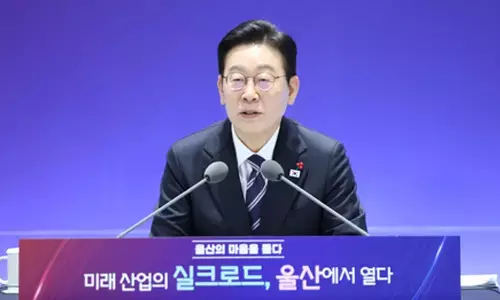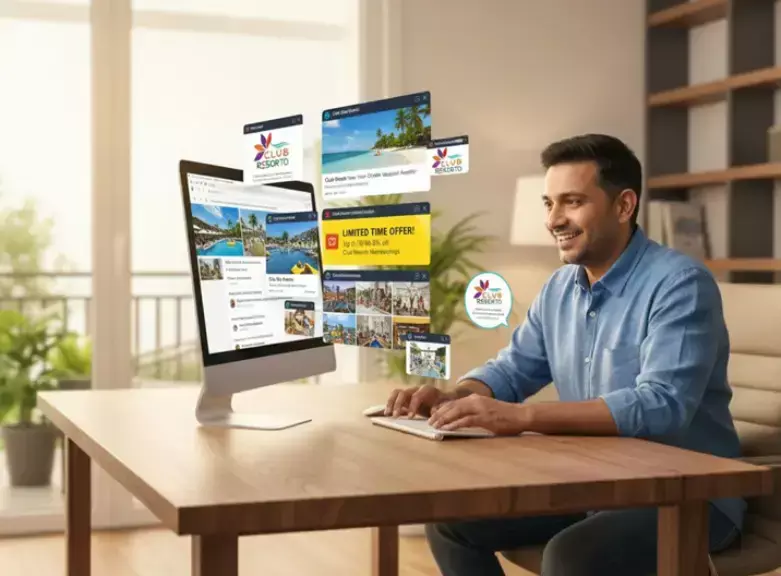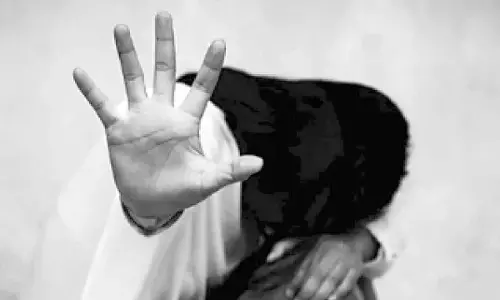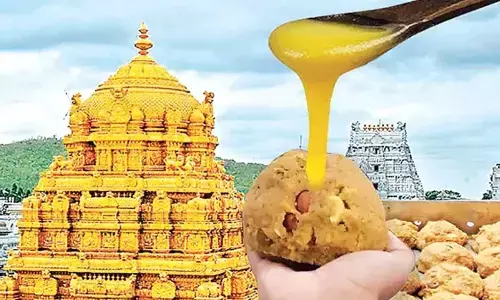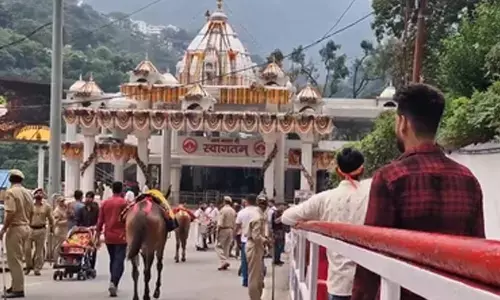Going beyond 'freebies' to make a resurgent India!

Representational image
The task is colossal but not impossible.
The task is colossal but not impossible. It just requires some balancing between intent and content. Thoughts and actions! As we celebrate Azadi Ka Amrit Mahotsav,marking 75 years of independence, we need to pause, reflect and realize how many poor families from our native villages or localities have transformed themselves educationally, socially, economically and politically. We will say that most of them have moved up many ladders thanks to education or their migration to urban areas but an overwhelming number of citizens are still struggling. 'The State of Inequality in India Report' written by the Institute for Competitiveness, which was released recently, says that the share of the top one per cent accounts for 6-7 per cent of the total incomes earned in the country, while the top 10 per cent accounts for one-third of all incomes earned. Different other estimates suggest that the richest one per cent in India own nearly 60 per cent of the country's total wealth, with the top 20 per cent commanding 80 per cent. The bottom half of Indians by contrast, collectively own only two per cent of the national wealth.
Income disparities point to multiple persistent gaps in our endeavours to build a just and inclusive socio-economic and political order. Freebies and subsidies are quite natural in a country where a large number of people are poor, but these must go to the needy. Multiple national reports and global indices suggest that India has a serious challenge in the form of mass poverty to tackle. As per the fifth round of National Family Health Survey (NFHS), conducted by the Ministry of Health and Family Welfare during 2019-21, the prevalence of anaemia among women in the age group of 15-49 is 57 per cent. As much as 67.1 per cent of under five children, 59.1 per cent of adolescent girls and 31.1 per cent of adolescent boys were found to be anaemic. As per the definition of the World Health Organization (WHO), anaemia is a condition in which the number of red blood cells or the haemoglobin concentration within red blood cells is lower than normal. The reasons for the high prevalence of anaemia? Poverty, poor sanitation, frequent occurrences of malaria and worm infestations, and so on! The cost of anaemia? It has a serious impact on the growth of children and the efficiency of adults, affecting their daily output!
Thanks to our efforts and resolve, we have been able to deal effectively with the problem of starvation but hunger continues to haunt a vast chunk of the population and their children. Balanced diets are not every citizen's cup of tea. Milk, butter, ghee, pulses, fruits, curd, egg or meat are not yet a permanent feature of our kitchens. These are consumed on a regular basis by those who can afford, though a diet which takes care of one's health is a national necessity. Lack of nutritious diet leads to several ailments, which snowball into a huge burden on the state exchequer and even on an individual's family. The Ayushman Bharat scheme is a big relief but the root cause of the problem has to be addressed. In fact, hunger is a serious health issue. Hunger and malnutrition make obesity and mental illness more severe. Hungry or malnourished children are more prone to colds, developmental delays, and other ailments. 'No poverty' and 'zero hunger' are the first two Sustainable Development Goals (SGDs), supposed to be achieved globally by 2030. It seems to be a distant dream but we must carry on with our efforts, since hunger is not only preventable but can be eliminated as well. Though most of the developed nations are also struggling to ensure food security to their citizens, they are much better placed than us in tackling their problems and challenges arising due to poverty and hunger.
A number of programmes and policies are in force to deal with twin challenges of poverty and hunger in our country. However, the result so far has not be up to the mark despite the best possible efforts made by successive Central and State governments along with other stakeholders. One should not belittle their sincerity in freeing India from the menace of multidimensional poverty but to diagnose the possible lapses. In our country, health facilities are a grave issue. Affordable, quality and ethical healthcare is the need of the hour. The entire health system needs to be overhauled. Similarly, school education from Class I to XII has to be useful, skilful, and employable. Education should be affordable, ethical and of great quality. At present, there are serious disparities in our health and education facilities for our own people. The haves have easy access to the best of facilities while the have-nots can't access them even if they need to. One nation, one health and education facility and one fee are the need of the hour. Free quality health and education facilities for all will help us emerge stronger and more inclusive as a nation during the Amrit Kaal.
Equally important is making justice affordable. Given widespread socio-political and economic chasms, leading to mass discrimination and exclusion on one pretext or the other, justice is of paramount importance in our country. It is not only about law driven justice but also social and democratic justice, which leads to equality, fraternity and liberty. So far as the justice delivered through courts is concerned, one knows well the kind of hardships one faces while fighting for justice. It is costlier and time consuming as well. All reforms apart, the pace of justice needs to be enhanced and made more inclusive and affordable. So is the need for adequate potable water to all. 'Har Ghar Jal' is a flagship programme of the Union Government, implemented by the Jal Jeevan Mission under the Ministry of Jal Shakti, in partnership with States and UTs to ensure tap water connection in every rural household by 2024. It is a laudable move. Health, education, justice and potable water are the four pillars India needs to strengthen and expand for the masses, and not only for the haves among us. A human being, poor or rich irrespective of his caste or religion, needs to be healthy and educated to earn a dignified life!
(The writer is a senior journalist, author and columnist. The views expressed are strictly his personal)









